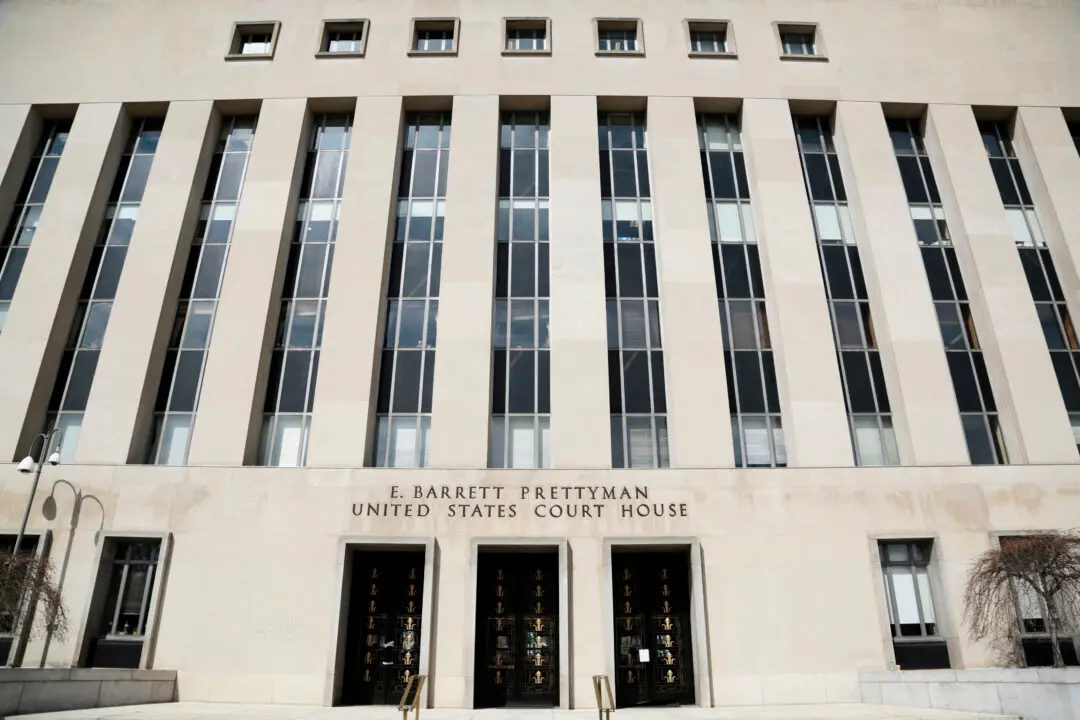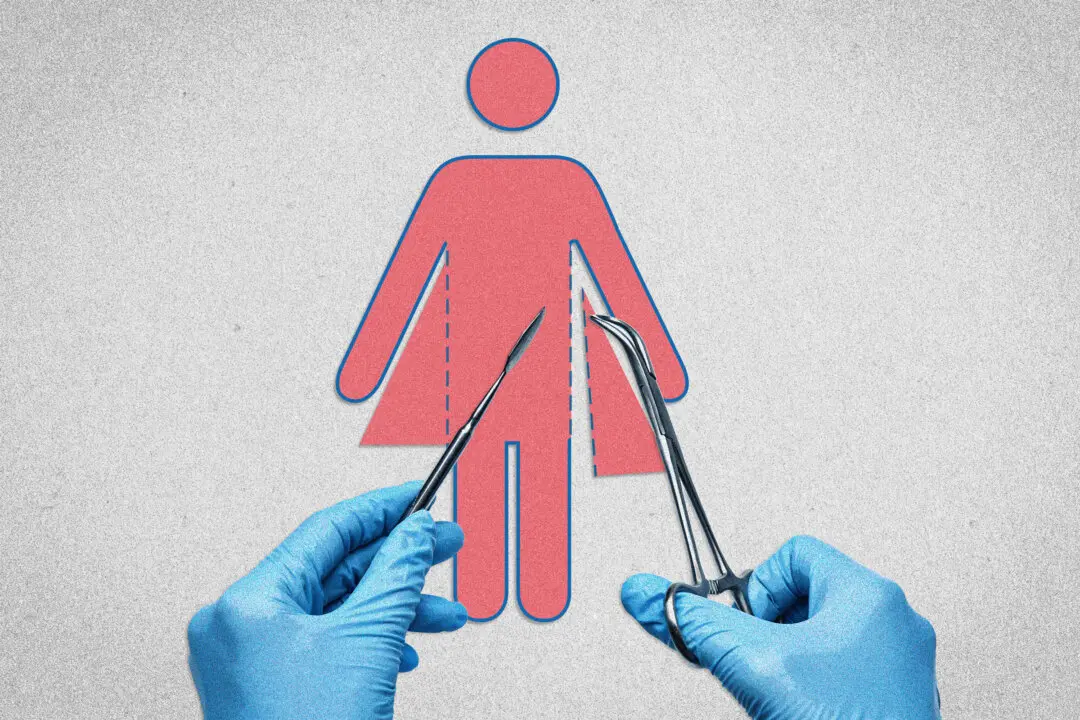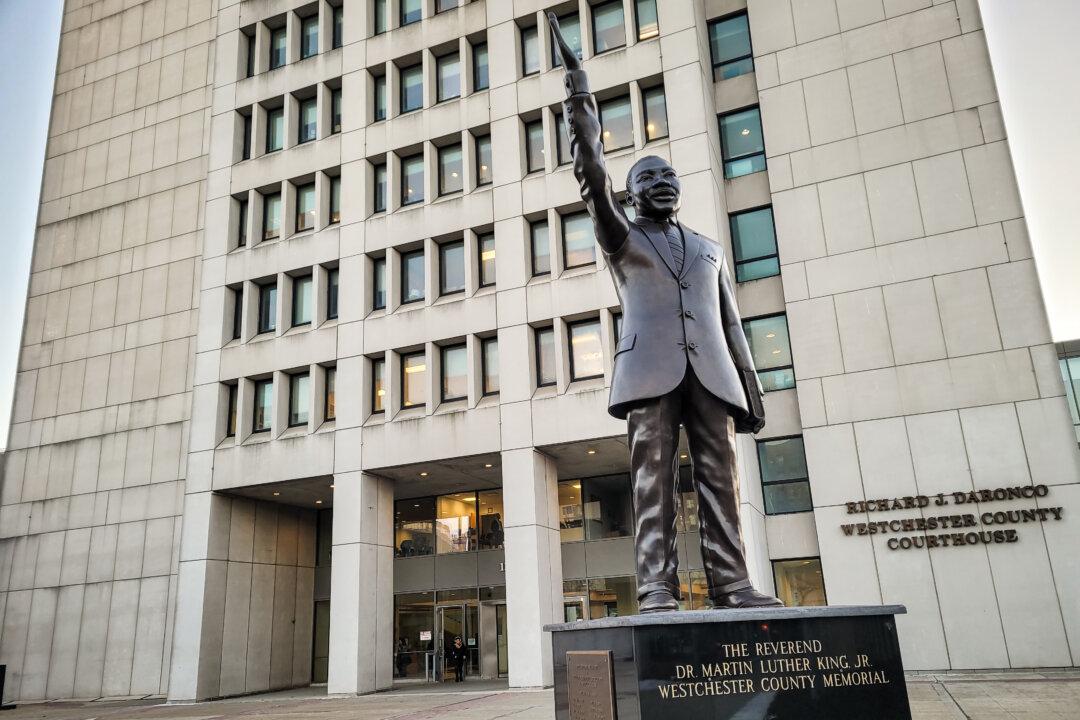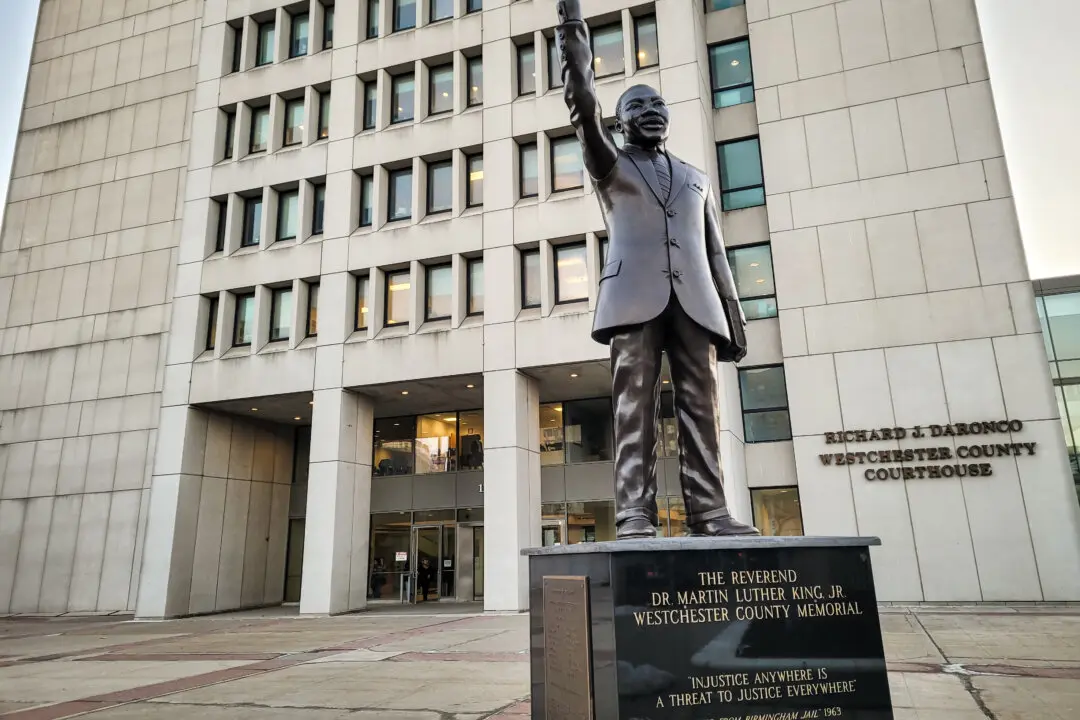WASHINGTON—A federal judge on Feb. 13 extended an order for one week blocking the United States Agency for International Development (USAID) from placing 2,200 employees on paid administrative leave or forcing workers in foreign countries to return to the United States against their will.
District Judge Carl Nichols also ordered that the government provide specifics on its plan to protect employees placed on administrative leave in foreign nations and to compensate employees who did not immediately return to the United States.





